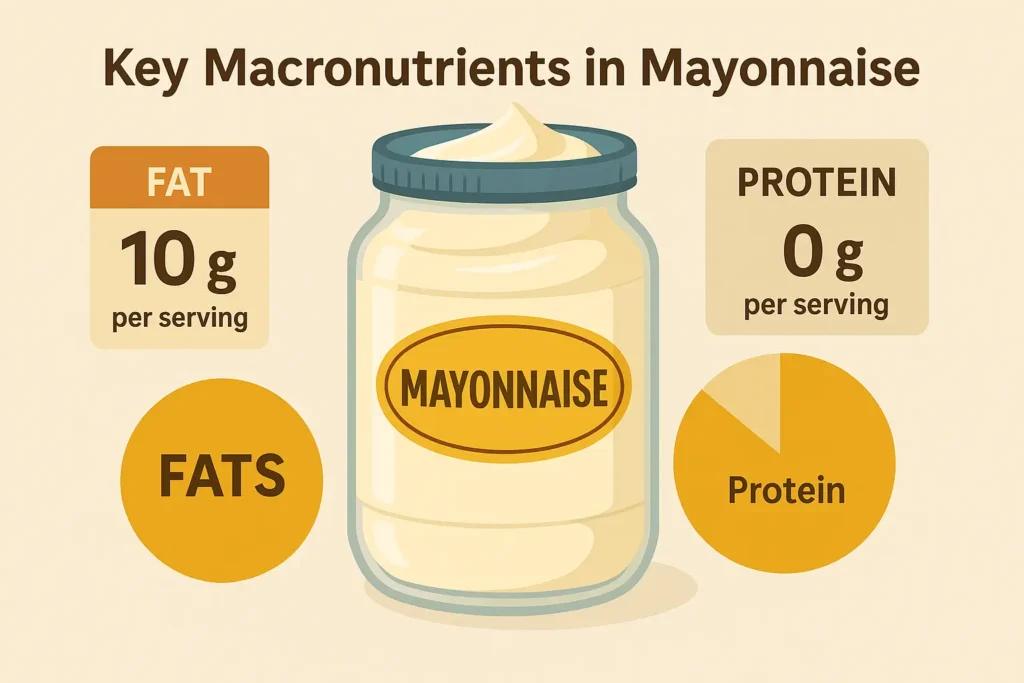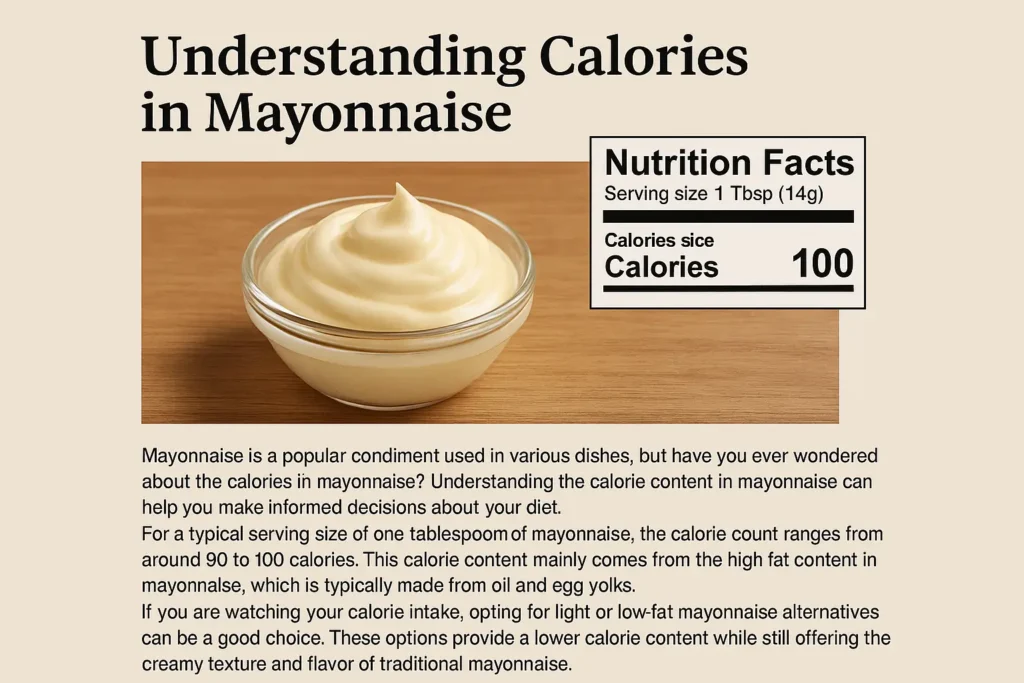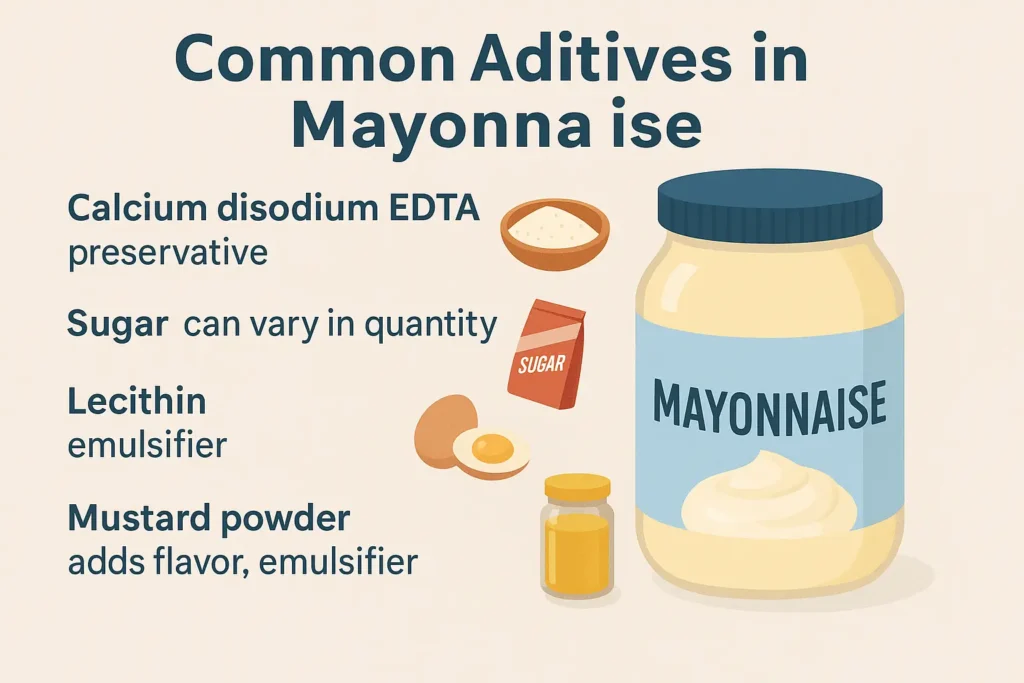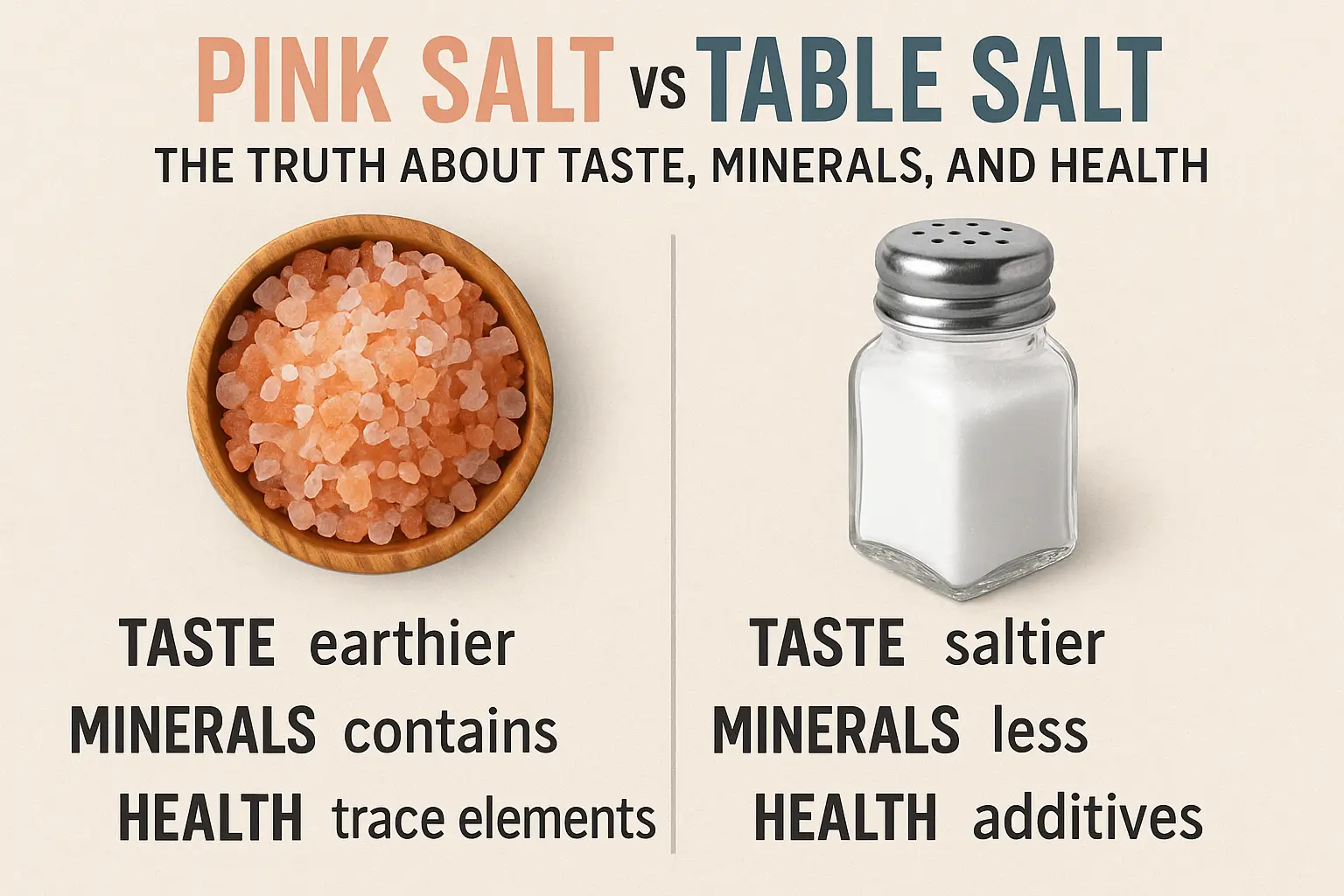When you reach for that jar of mayonnaise, do you ever pause to consider what you’re really adding to your meal? While mayonnaise is often a staple in sandwiches, salads, and various culinary creations, its nutritional profile can sometimes get overlooked. Understanding mayonnaise nutrition facts is essential, not just for calorie counters but for anyone who wants to make informed dietary choices. This creamy condiment has a rich history and an even richer ingredient list, which can either complement a balanced diet or derail it if consumed without awareness.
Imagine being able to enjoy your favorite dishes with the knowledge of how each dollop of mayonnaise contributes to your overall health. From fats to flavor enhancers, mayonnaise is more than just a guilty pleasure; it’s a versatile ingredient whose nutritional data tells a story about making smarter choices. Whether you’re a health enthusiast looking for alternatives or someone curious about what makes up their everyday items, delving into the details of mayonnaise can offer surprising insights beyond the label. Join us as we explore the facts and myths surrounding this beloved condiment and empower you with the information you need to savor it responsibly.
- Overview of Mayonnaise Nutrition
- Key Macronutrients in Mayonnaise
- Understanding Calories in Mayonnaise
- Importance of Reading Mayonnaise Nutrition Labels
- Common Additives in Mayonnaise
- Comparing Regular vs. Light Mayonnaise
- Health Benefits of Mayonnaise Consumption
- Risks Associated with Excessive Mayonnaise Intake
- Tips for Choosing Healthier Mayonnaise Options
- Conclusion: Making Informed Choices with Mayonnaise
Overview of Mayonnaise Nutrition
Mayonnaise is a popular condiment that can be a versatile addition to various dishes. When looking at the nutrition facts of mayonnaise, it’s essential to understand its calorie content, fat content, and potential health benefits.
Calories in mayonnaise can vary depending on the brand and type, with an average of around 90 calories per tablespoon. The fat content in mayonnaise is primarily from oils, such as soybean or canola oil, which provide essential fatty acids.
While mayonnaise is high in calories and fats, it can also contain vitamins like Vitamin E and K. However, it is crucial to consume it in moderation due to its high calorie and fat content.
In conclusion, mayonnaise can be a flavorful addition to meals but should be used sparingly due to its calorie and fat content. Be mindful of portion sizes to enjoy the taste without overindulging.
Key Macronutrients in Mayonnaise
Mayonnaise, a popular condiment, contains key macronutrients crucial for our diet. Understanding the mayonnaise nutritional facts can help us make informed choices about our food intake.
When we look at the macronutrients in the mayonnaise nutrition label, we find that it primarily consists of fats and a small amount of protein. These fats in mayonnaise are mainly from oils, such as soybean oil or canola oil, which provide essential fatty acids necessary for our body.

Although mayonnaise is often criticized for being high in fats, it’s important to remember that fats are an essential part of a balanced diet. Additionally, the protein content in mayonnaise, although not significant, still contributes to our daily protein intake.
Being aware of the macronutrients in mayo allows us to include it in our diet in moderation while reaping its flavor and nutritional benefits. So, next time you reach for that jar of mayonnaise, remember that it contains key macronutrients essential for your body’s functioning.
Understanding Calories in Mayonnaise
Mayonnaise is a popular condiment used in various dishes, but have you ever wondered about the calories in mayonnaise? Understanding the calorie content in mayonnaise can help you make informed decisions about your diet.
For a typical serving size of one tablespoon of mayonnaise, the calorie count ranges from around 90 to 100 calories. This calorie content mainly comes from the high fat content in mayonnaise, which is typically made from oil and egg yolks.

When looking at mayonnaise nutrition fact, it’s essential to pay attention to serving sizes. Using mayonnaise in moderation can be part of a balanced diet, but excessive consumption can contribute to consuming more calories than needed.
If you are watching your calorie intake, opting for light or low-fat mayonnaise alternatives can be a good choice. These options provide a lower calorie content while still offering the creamy texture and flavor of traditional mayonnaise.
By being aware of the calories in the mayonnaise label and making mindful choices, you can enjoy this condiment as part of your meals without compromising your dietary goals.
Importance of Reading Mayonnaise Nutrition Labels
Understanding the importance of reading mayonnaise nutrition labels is crucial for making informed dietary choices. Mayo nutrition facts provide valuable information about the ingredients and nutritional content of the product. By checking the mayonnaise nutrition labels, you can track your calorie intake, monitor the amount of fat, cholesterol, and sodium in your diet, and make healthier decisions.
When examining mayo nutrition labels, pay attention to serving sizes to ensure accurate portion control. Look for low-fat or light mayonnaise options if you are watching your calorie intake. Be cautious of hidden sugars or additives by reviewing the ingredients list. Comparing different brands based on their nutrition labels can help you choose the healthiest option for your needs.
In conclusion, being mindful of mayonnaise nutrition labels empowers you to take charge of your health and well-being. Next time you reach for that jar of mayonnaise, take a moment to read the nutrition label and make a more informed choice for a healthier lifestyle.
Common Additives in Mayonnaise
When exploring the nutrition facts of mayonnaise, it’s crucial to understand the common additives present in this popular condiment. Some additives commonly found in mayonnaise include preservatives like calcium disodium EDTA, which helps prolong the product’s shelf life by preventing the growth of bacteria. Another common additive is sugar, which can vary in quantity depending on the brand and type of mayonnaise.

Emulsifiers such as lecithin are often used in mayonnaise to stabilize the mixture of oil and water, ensuring a smooth and creamy texture. Additionally, mustard powder is a typical ingredient that not only adds flavor but also acts as a natural emulsifier.
When reading the nutrition label of mayonnaise, look out for these additives to make informed choices about your consumption. Understanding these common additives can help you select mayonnaise products that align with your dietary preferences and health goals.
Comparing Regular vs. Light Mayonnaise
When it comes to mayonnaise nutrition label facts, comparing regular and light options can help in making healthier choices. Regular mayonnaise is rich in fat and calories, with around 90 calories and 10 grams of fat per tablespoon. On the other hand, light mayonnaise offers a lower calorie and fat content, usually containing about 35 calories and 3.5 grams of fat per tablespoon.
The key difference lies in the ingredients used. Regular mayo is made with whole eggs and oil, while light mayo replaces some of the oil with water or other lower-calorie ingredients. This substitution results in reduced fat and calorie content. However, light mayo may contain added sugars or artificial ingredients to enhance flavor.
In terms of taste and texture, regular mayo tends to be creamier and richer, while light mayo can be slightly thinner and less savory. Ultimately, the choice between regular and light mayonnaise depends on individual preferences and dietary goals. Be sure to check the nutrition labels to make an informed decision based on your health needs.
Health Benefits of Mayonnaise Consumption
Mayonnaise, often considered a guilty pleasure, actually offers surprising health benefits when consumed in moderation. When looking at mayo nutrition facts, it’s important to note that this condiment contains healthy fats, such as omega-3 and omega-6 fatty acids, which are essential for brain function and heart health.
Additionally, mayonnaise is a good source of vitamin E, a powerful antioxidant that helps protect cells from damage. This nutrient also plays a vital role in skin health and immune function.
Contrary to popular belief, moderate consumption of mayonnaise can aid in weight management. The monounsaturated fats found in mayo can help increase satiety, leading to reduced overall calorie intake.
Moreover, the versatile condiment can make healthy foods like salads and sandwiches more appetizing, encouraging individuals to consume nutrient-rich ingredients.
In conclusion, while mayonnaise should be enjoyed in moderation due to its calorie and fat content, it can be a flavorful addition to a balanced diet, providing various health benefits when consumed wisely.
Risks Associated with Excessive Mayonnaise Intake
Excessive mayonnaise intake can pose various risks to your health. While mayonnaise can be a tasty addition to sandwiches and salads, it’s essential to be aware of its potential drawbacks.
One risk associated with consuming too much mayonnaise is its high calorie and fat content. Mayonnaise is rich in calories and contains unhealthy fats, which can contribute to weight gain and increase the risk of heart disease.
Moreover, mayonnaise often contains added sugars and preservatives, which can have negative effects on your overall health. Excessive consumption of these additives may lead to issues like obesity, diabetes, and other health complications.
It’s crucial to practice moderation when including mayonnaise in your diet. Opting for lighter versions or making your own healthier mayonnaise alternatives can help reduce the risks associated with excessive mayonnaise intake. Hellmann’s light mayo calories is a good option.
Understanding the nutrition facts of mayonnaise and being mindful of portion sizes can help you enjoy this condiment without compromising your health. Stay informed and make informed choices for a balanced and healthy diet.
Tips for Choosing Healthier Mayonnaise Options
When looking for healthier mayonnaise options, consider opting for light or low-fat versions. These variations typically contain fewer calories and less fat compared to regular mayonnaise, making them a better choice for those watching their calorie intake.
Another important factor to consider is the ingredient list. Choose mayonnaise brands that use healthier oils like olive oil or avocado oil instead of soybean oil or other refined oils. These healthier alternatives provide beneficial fats that are good for heart health.
Additionally, check the sugar content in the mayonnaise you’re considering. Some brands may add unnecessary sugars, which can contribute to higher calorie intake. Opt for mayonnaise with lower or no added sugars for a healthier option.
Lastly, pay attention to serving sizes to avoid overconsumption. Even healthier mayonnaise options should be consumed in moderation to maintain a balanced diet.
By following these tips and being mindful of your choices, you can enjoy your favorite condiment while making healthier decisions for your overall well-being.
Conclusion: Making Informed Choices with Mayonnaise
When it comes to making informed choices with mayonnaise, understanding its nutrition facts is crucial. Mayonnaise is often misunderstood as unhealthy due to its high fat content, but it can be a part of a balanced diet when consumed in moderation.
One tablespoon of mayonnaise typically contains around 90 calories, 10 grams of fat, and little to no carbohydrates or protein. It’s important to opt for mayonnaise made with healthy oils like olive oil or avocado oil to benefit from their heart-healthy fats.
Mayonnaise can be a source of vitamin E, which is an antioxidant that helps protect cells from damage. However, it’s essential to be mindful of portion sizes to avoid consuming excessive calories and fats.
By being aware of the nutrition facts of mayonnaise and choosing wisely, you can enjoy this condiment in your meals without compromising your health goals.










